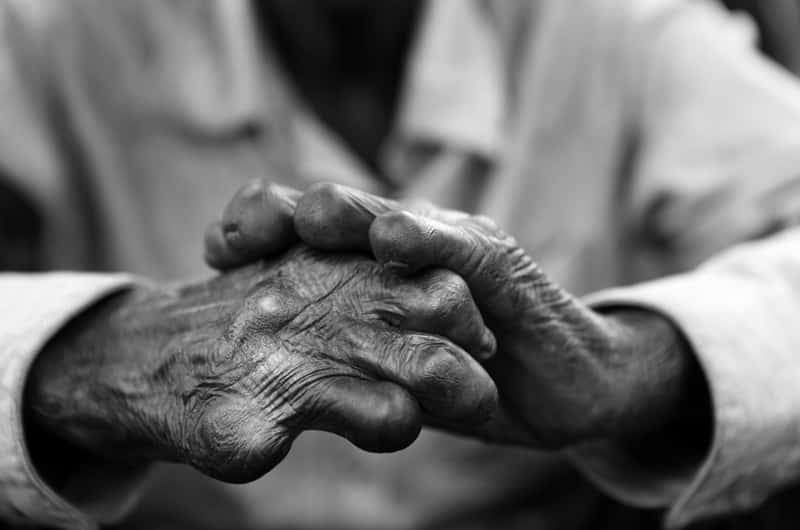×
The Standard e-Paper
Fearless, Trusted News

Courtesy, TomBradely
Back in the 70s and early 80s, leprosy was commonly reported in parts of Eastern, Western and Coastal regions of Kenya. However, while the disease and its strain are currently rare, medical records at Alupe Hospital show that before leprosy and other health services were halted in April 2020 to respond to Covid-19, six patients below 15 years had been diagnosed and were on treatment for a highly infectious type of leprosy.